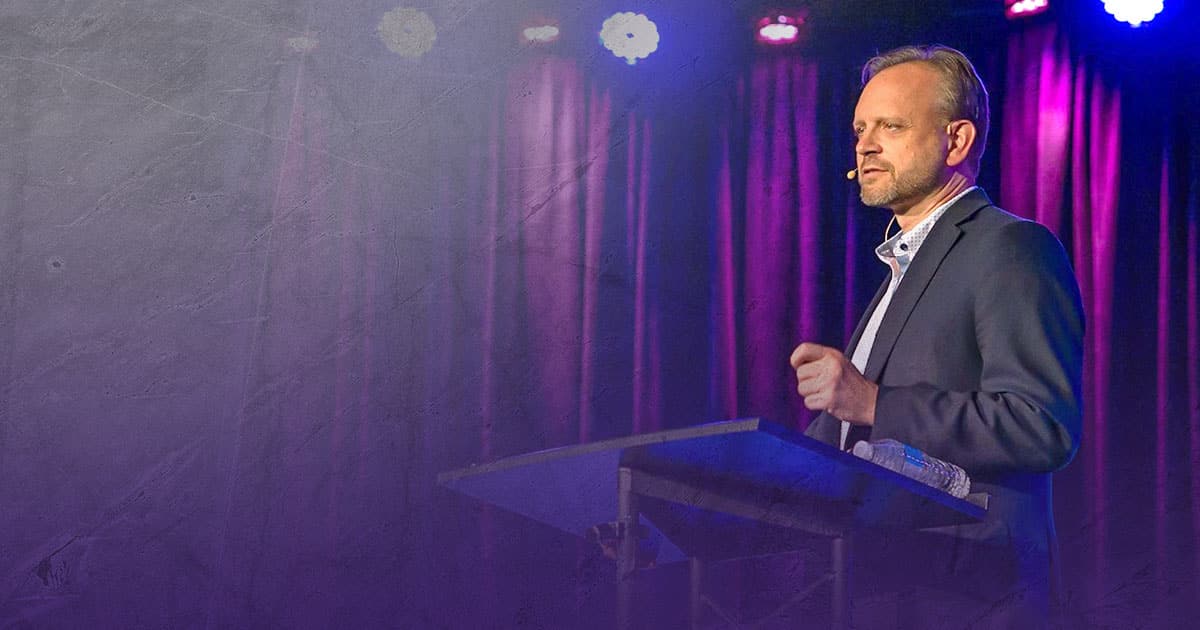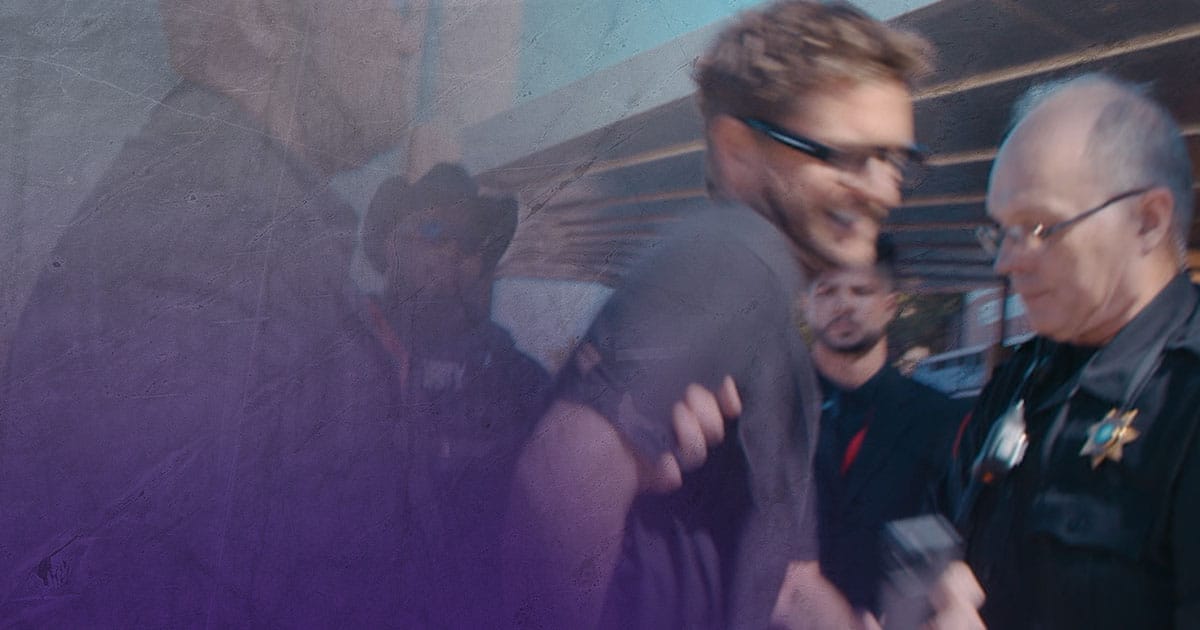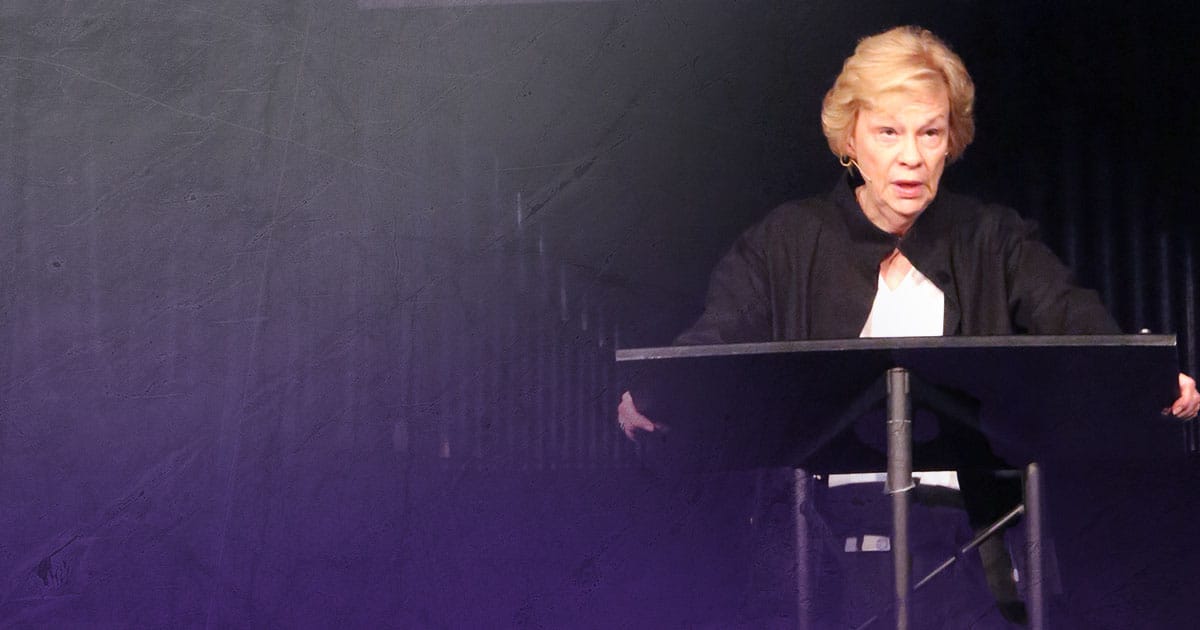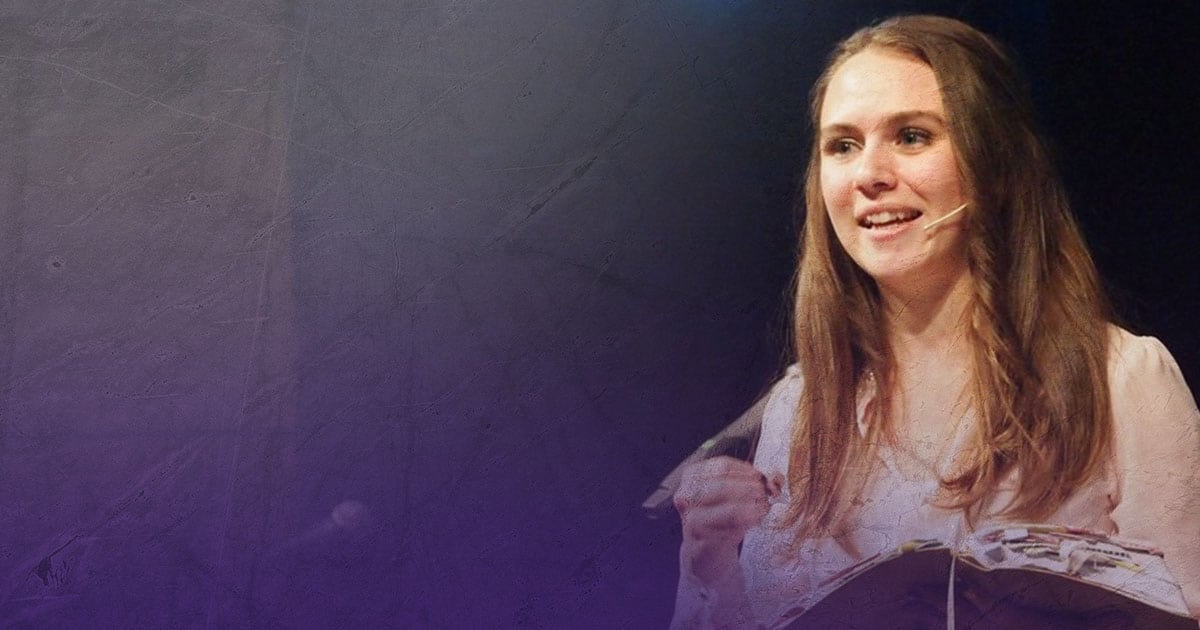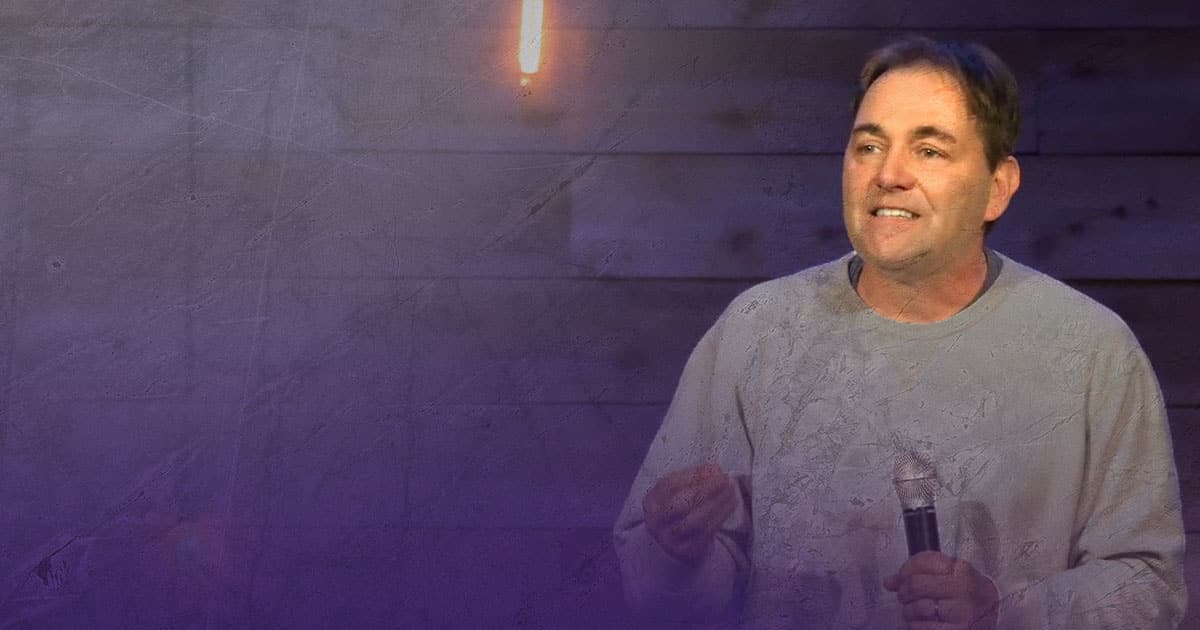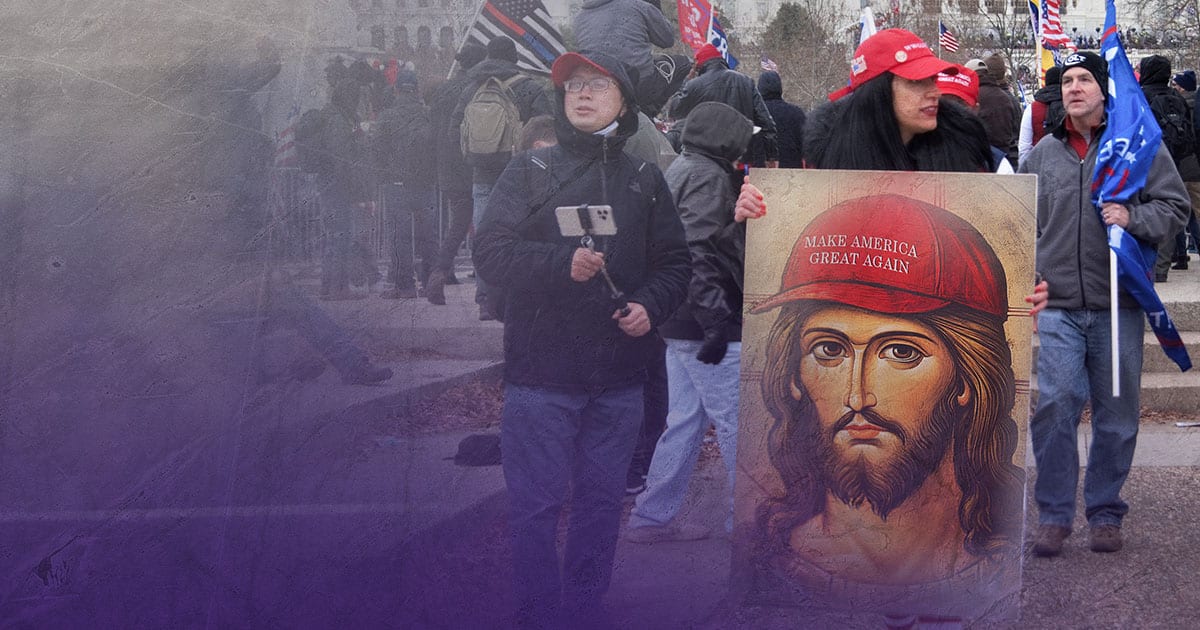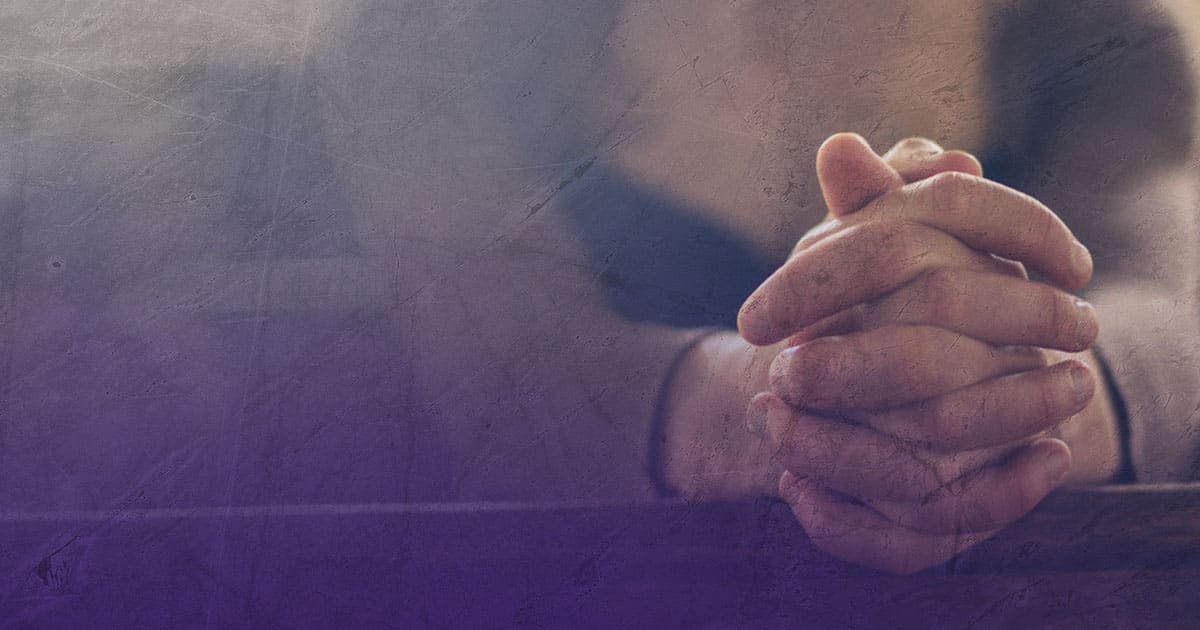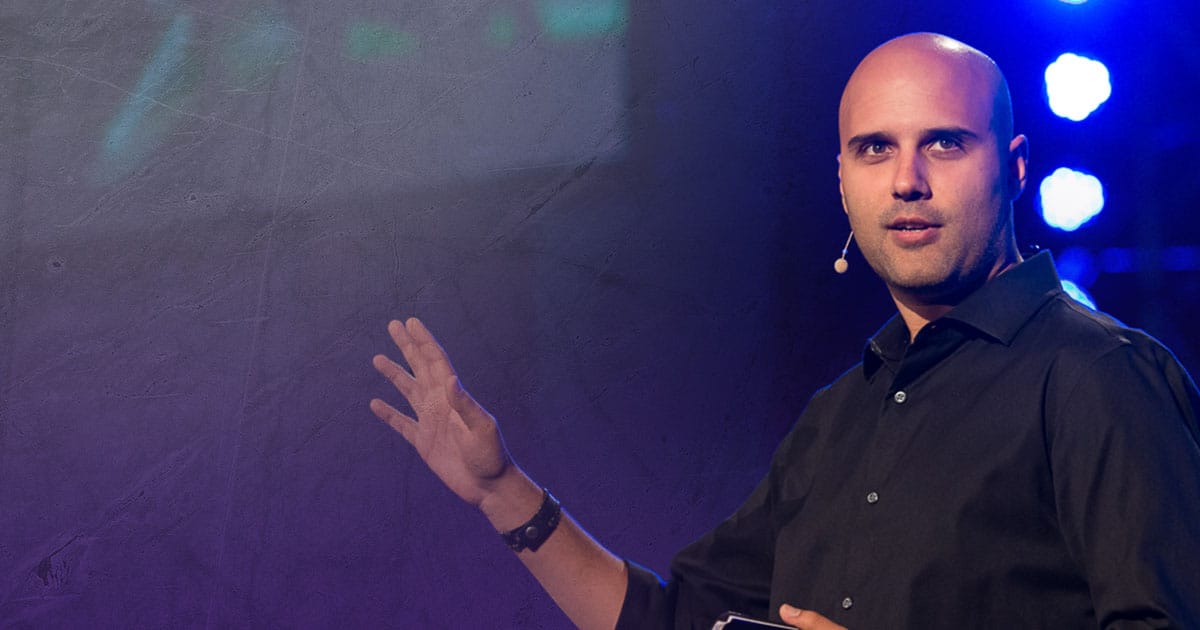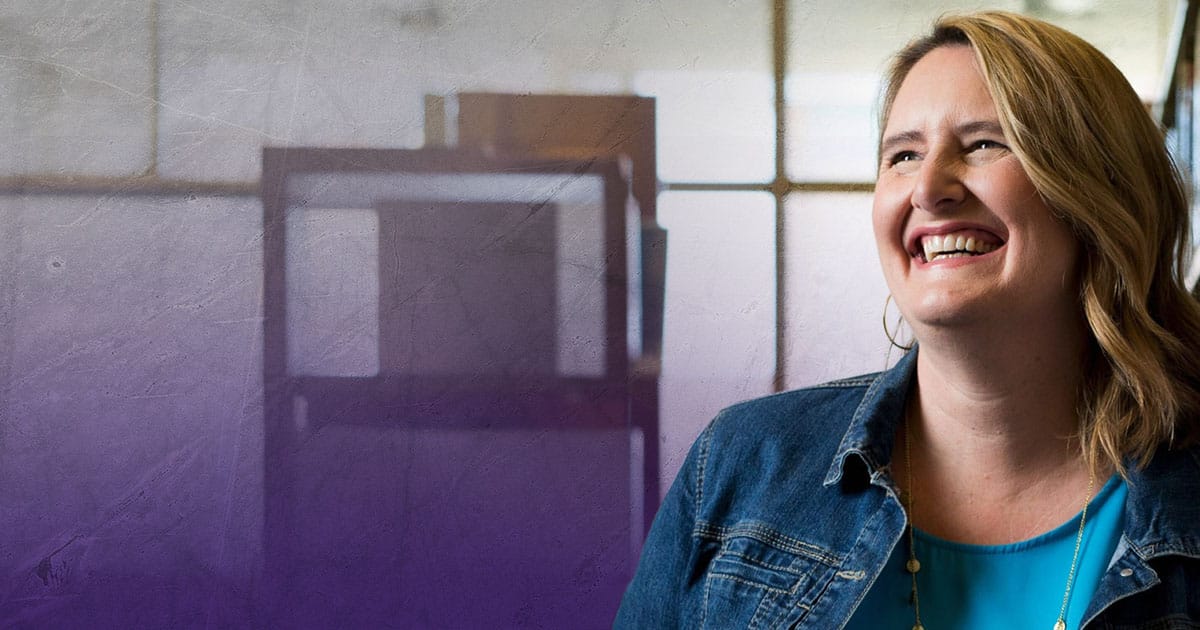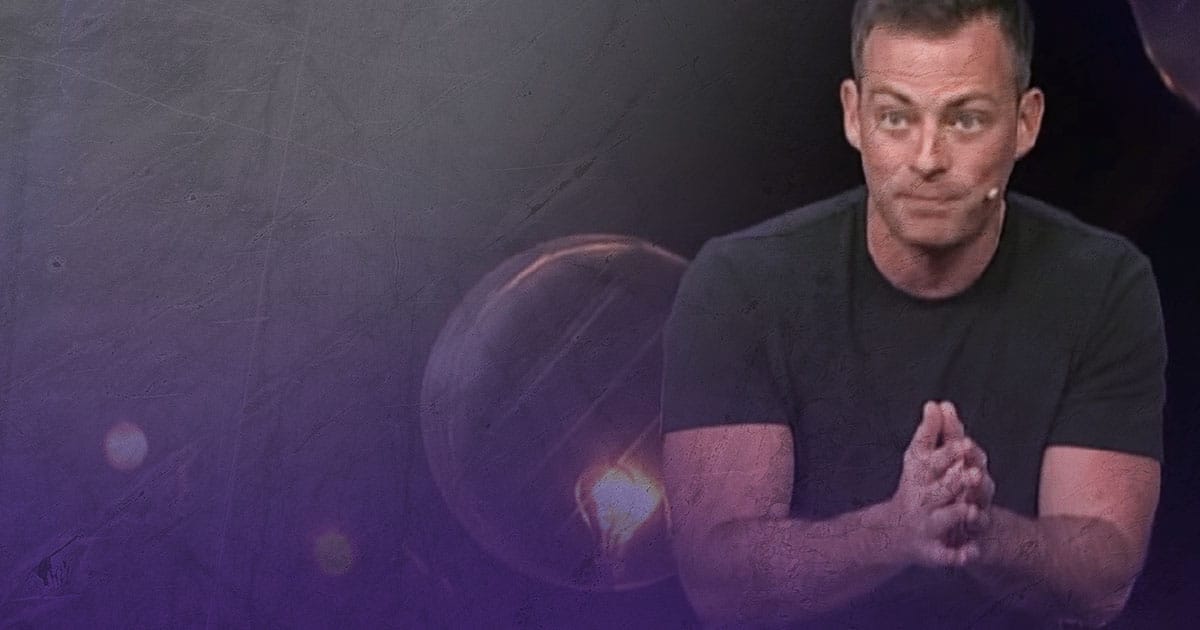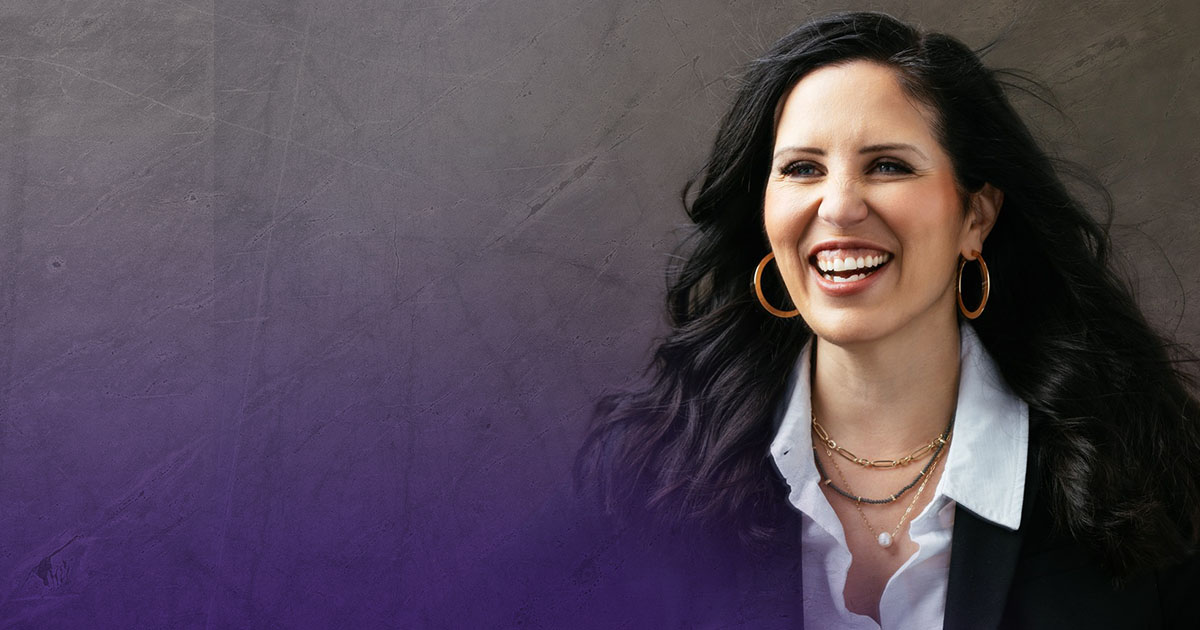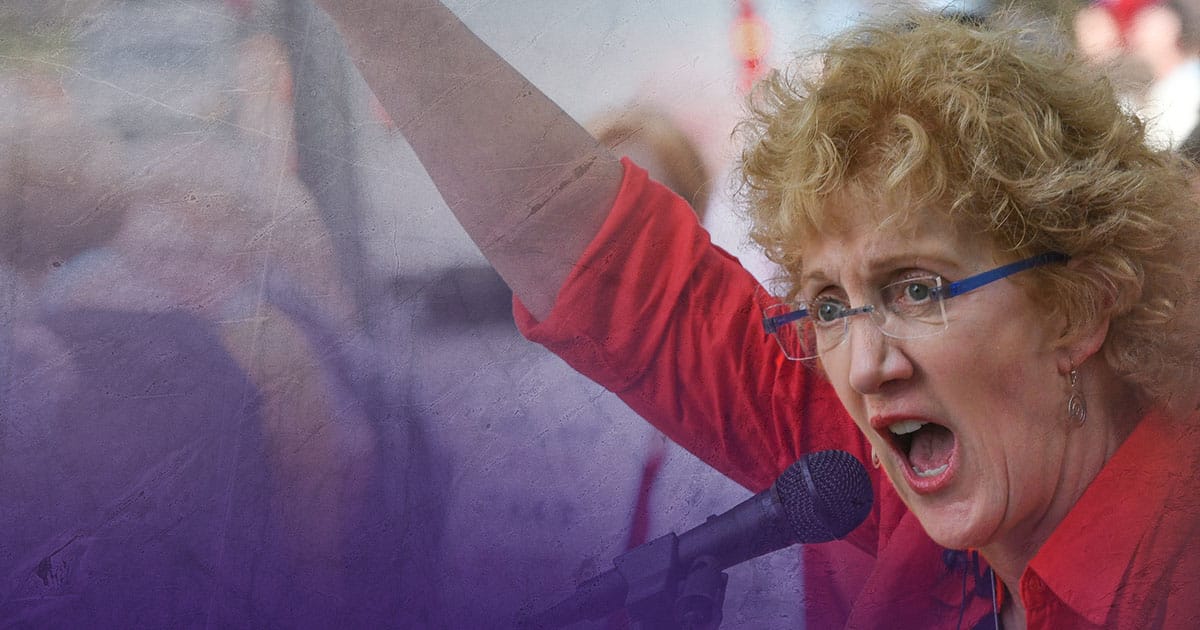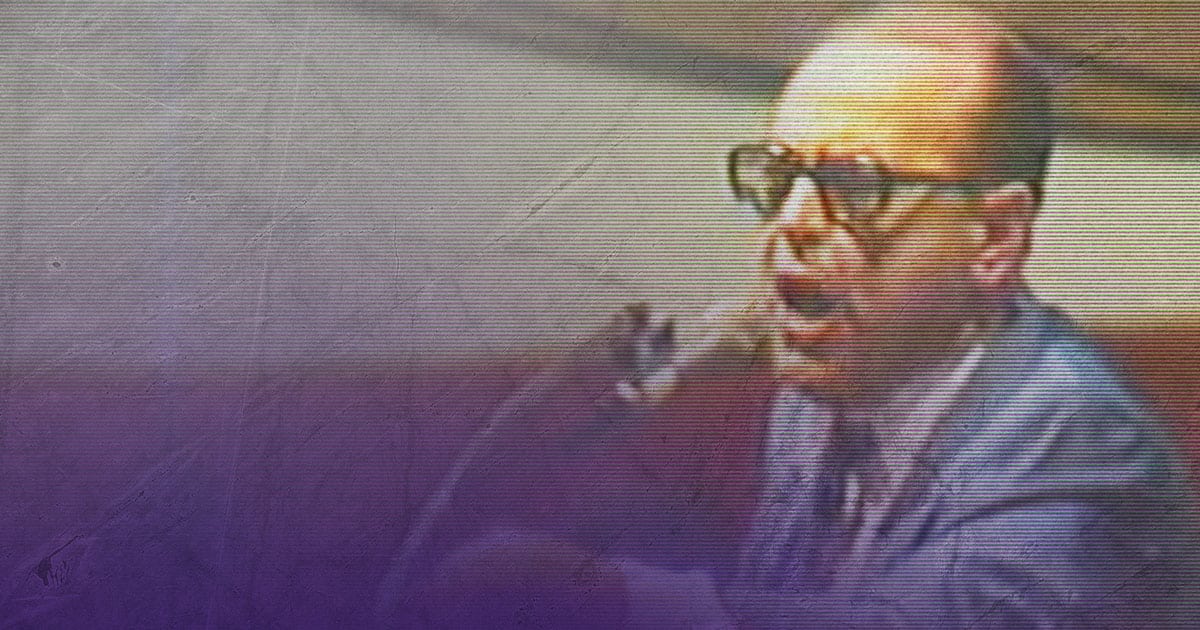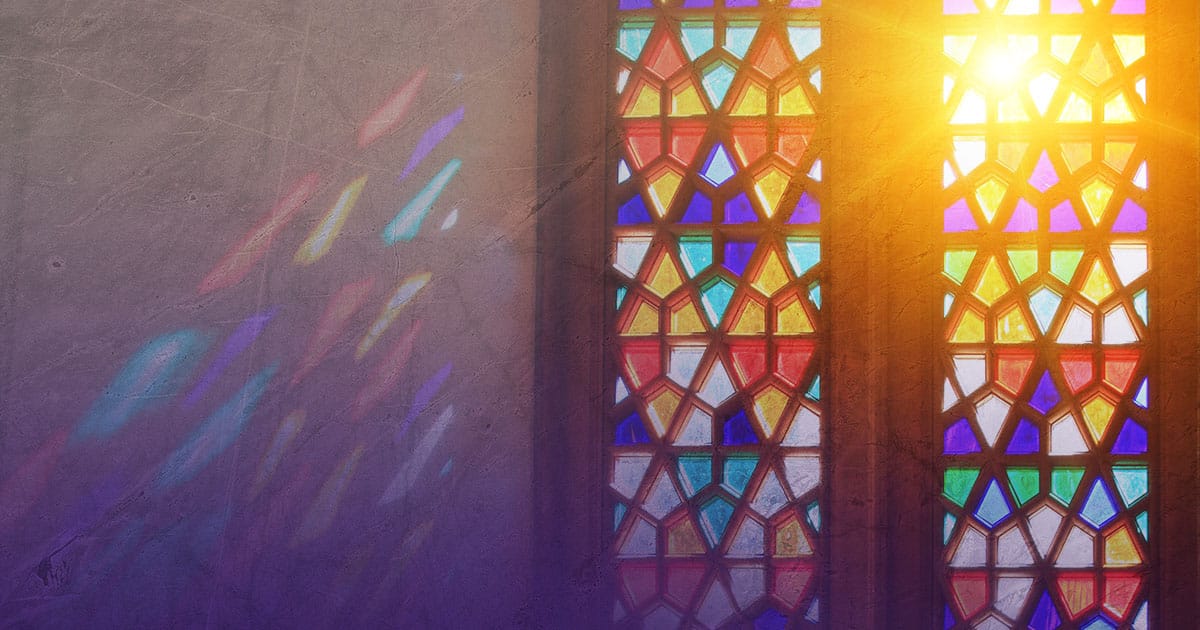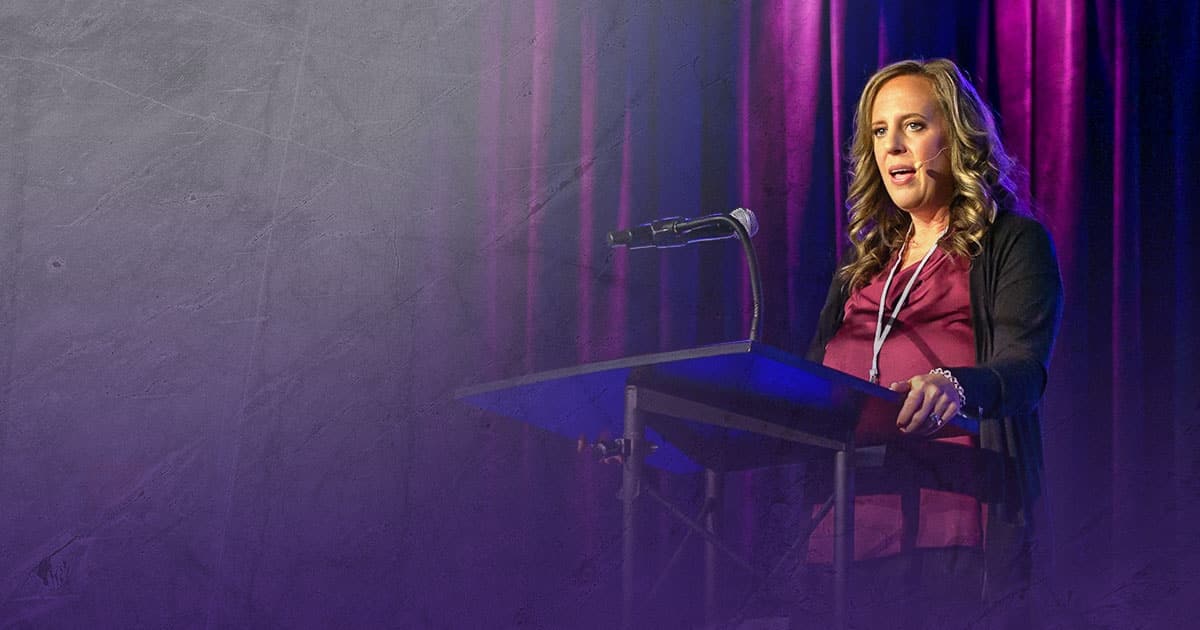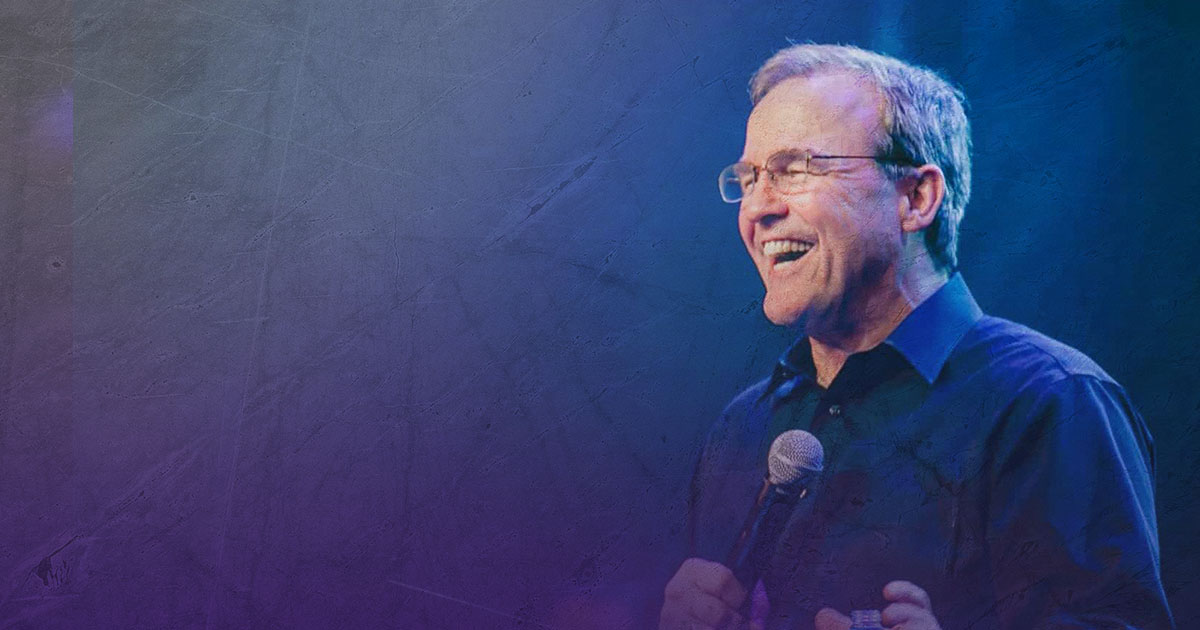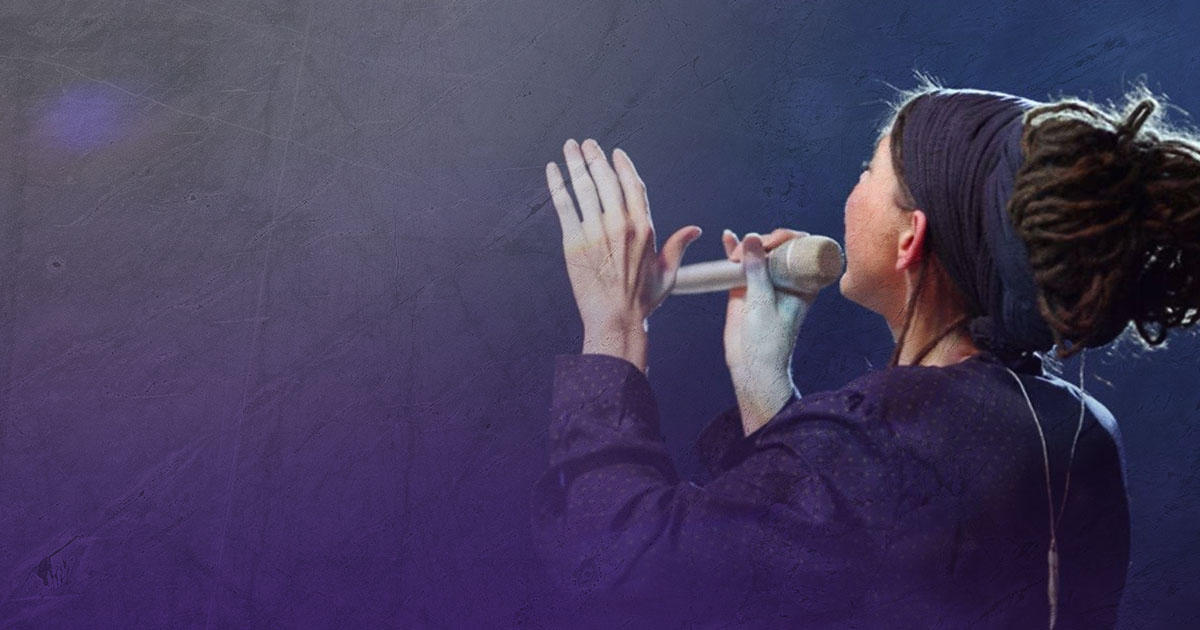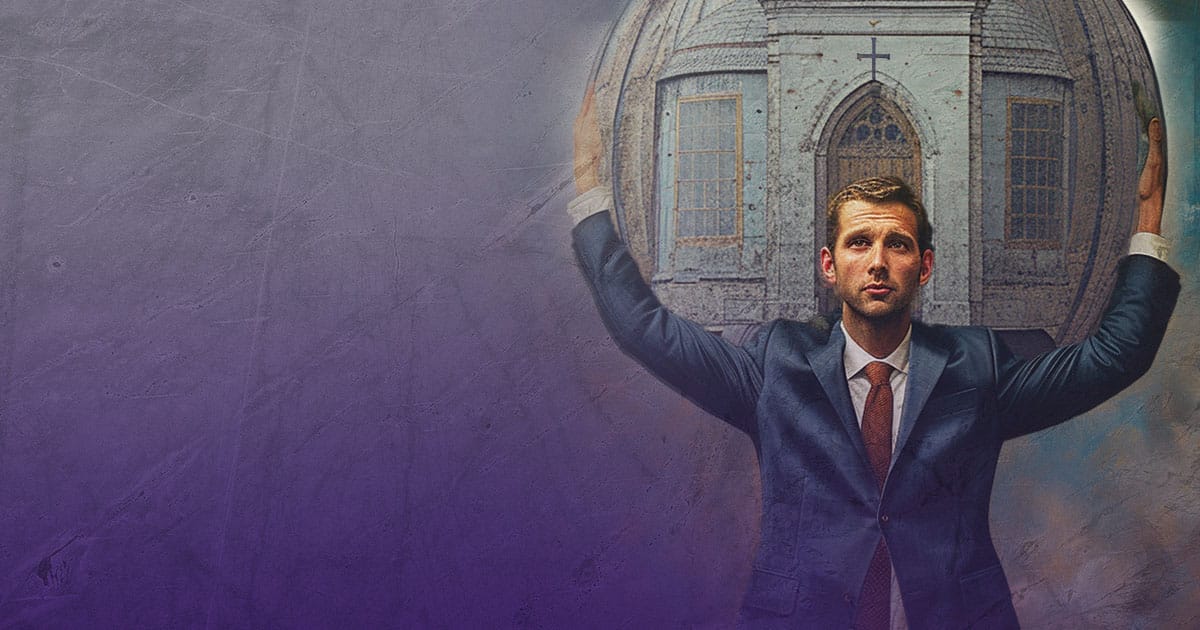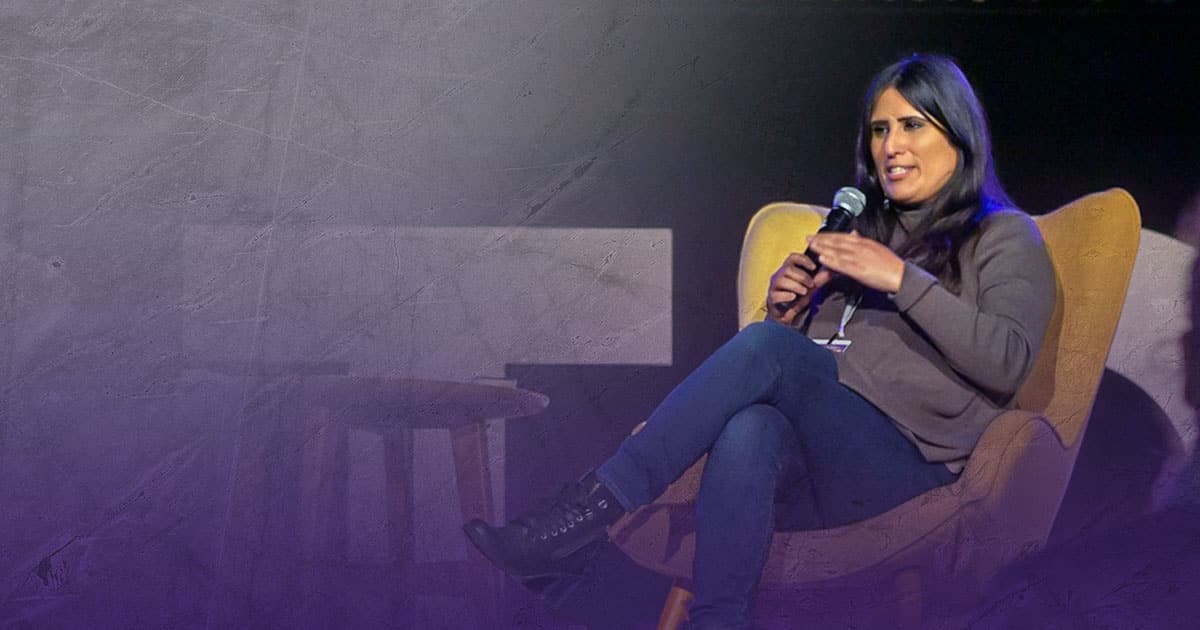Do’s and Don’ts of Healing From Trauma
Description
https://youtu.be/3TQsIWujVnI
Once you’ve experienced trauma, how do you heal? What should you look for in a counselor? What kind of therapy is right for you? And how do you take care of yourself as you begin your healing journey?
In this edition of The Roys Report, discover answers to these questions and more in an in-depth talk from professional psychologist, Dr. Phil Monroe. It comes from his recent (and second) appearance at the Restore Conference. And you’ll hear the wisdom and gentle demeanor that have made him a favorite among attendees.
All too often, people who are traumatized don’t know how to find the help they need. They may end up in the care of someone who wasn’t qualified or able to help them. Or, in some cases, the person who was supposed to help them with trauma actually made their trauma worse.
As a trusted voice in the survivor community and an expert in trauma, Dr. Monroe gives practical, actionable steps about what to do—and not to do—in one’s healing journey.
He talks about the ways trauma hinders all aspects of oneself. “You need to take care of your body—it’s the only one you have,” he says.
Healing from trauma isn’t a journey anyone wanted to be on. Yet Dr. Monroe gives each of us strategies, tools, and even grace to take the time and energy needed for the path ahead.
Guests
Phil Monroe
Philip Monroe, PsyD, is a psychologist who leads Langberg, Monroe & Associates, a private clinical practice in the greater Philadelphia area. He is the Taylor Visiting Professor of Counseling at Missio Seminary where he and Dr. Diane Langberg founded the Global Trauma Recovery Institute. Learn more at philipmonroe.com.
Show Transcript
SPEAKERS
Julie Roys, PHIL MONROE
PHIL MONROE 00:04
Once you’ve experienced trauma, how do you heal? What do you look for in a counselor? What kind of therapy is right for you? And how do you take care of yourself as you begin your healing journey? Welcome to The Roys Report a podcast dedicated to reporting the truth and restoring the church. I’m Julie Roys, and on this podcast you’re going to hear a talk from our last RESTORE conference by Dr. Phil Monroe on the do’s and don’ts of healing. Phil is a trusted voice in the survivor community. He leads the counseling practice begun by Dr. Diane Langberg, a popular author and globally recognized trauma expert. Phil is an expert on trauma as well and leads the trauma healing Institute at the American Bible Society, and he’s a repeat speaker at RESTORE and someone whose wisdom and gentle demeanor has made him a favorite at the conference. But I especially appreciated his talk at the last RESTORE. So often I hear from people who knew they were traumatized and needed help. But sadly, they didn’t know how to find the help that they needed. They ended up in the care of someone who wasn’t qualified or able to help them. Or in some cases, the person who was supposed to help actually made their trauma worse. So, this is an incredibly important topic and one I’m eager for all of you to hear.
Julie Roys 01:18
But first I want to thank the sponsors of this podcast, Judson University and Marquardt of Barrington. If you’re looking for a top ranked Christian University, providing a caring community and an excellent college experience, Judson University is for you. Judson is located on 90 acres, just 40 miles west of Chicago in Elgin, Illinois. The school offers more than 60 majors, great leadership opportunities and strong financial aid. Plus, you can take classes online as well as in person. Judson University is shaping lives that shaped the world. For more information just go to JUDSONU.EDU. Also, if you’re looking for a quality new or used car, I highly recommend my friends at Marquardt of Barrington. Marquardt is a Buick GMC dealership where you can expect honesty, integrity, and transparency. That’s because the owners there Dan and Kurt Marquardt are men of integrity. To check them out. Just go to BUYACAR123.COM.
Julie Roys 02:21
Well, again, the talk you’re about to hear is from Dr. Phil Monroe from our last restore conference in October. Here’s his message on the do’s and don’ts of healing from trauma.
PHIL MONROE 02:32
It’s good to be here with you. And it is good to follow Carson and LoriAnne. Thank you for telling us your story. Thank you for shining light. It’s costly when you tell your story. Even when you tell your story in front of a group of safe people, it’s costly. And I bet some of you too, have been telling your story on the sides here of the room for coffee over lunch, and you’ve been telling parts of it. And you might find yourself at the end of this weekend exhausted. That’s normal. That’s what happens to us when we exert the energy to speak and to speak the unspeakable. So, I encourage you ,have compassion, take care of you. Think about what you’re going to be putting into your body and what you’re going to do the rest of this weekend when this conference is over. Because you will need recovery time. We all do. I also encourage you when the videos come out, play back Dr. Lena’s, Carson’s, and Lori Anne’s parts where they’re talking about how they recovered. Your journey will look different. It will be different; you have different stories, you have different guides, you have different geographies to traverse. But there’s goodness in there to hear again from them, what it’s been taking for them to heal, what did they need? What helped? This is the question that I get asked a lot and for why I came up here today.
PHIL MONROE 04:19
How do we know if we’re doing this journey right? This journey of healing it is a journey. Trauma is a wound that affects every part of your life. It hinders your ability to relate to your own self, much less your family, your friends, your community, and your faith. It takes a long time to heal. And it feels like this journey that we never wanted to be on that we never asked for, and we’re in this foreign land that doesn’t make any sense. And we’re both somehow equally alone on this journey, but with a whole bunch of people on the sidelines yelling advice to us. And some of it might be helpful. A lot of it probably isn’t. Right? So, this journey that you never wanted to be on takes energy and time. And so, let’s take a few moments to just talk about, how do we know if we’re doing it right? What is it supposed to be like this journey of healing? Carson talked this morning about, you know, doing it and feeling like he was making progress., and then going back down in the hole, I think LoriAnne said the same thing. This is what it feels like, we go a step forward, and 10 back. This is the healing journey. It’s normal, it’s natural. And you are doing it right.
PHIL MONROE 05:52
I want to give you a little bit of a preview about where we’re going. Well, I’ll talk about a few things, a few hooks to hang some ideas on. We’ll look at some of the myths that we believe that kind of interrupt our healing journey, we’ll look at some of the red flags, I’ll add to some of the things that LoriAnne said, some red flags about those helpers, those guides along the way that we should give pause to and consider whether or not that’s the right person for us. And then end with some ideas about all the therapies that are out there that you’ve heard, and what you might do in order to try to figure out what’s the right thing for me. Again, I’m not going to be able to tell you what that right thing is for you. But if we have some ideas, and things that can help us make that decision, then we might be in a better place.
PHIL MONROE 06:47
So, let’s start with three things that you can hang all of what we’re going to talk on, on what it means to be on the healing journey, three hooks that you need. These are three things that no matter what model you use, no matter what kind of guide you’re looking for, you probably need in your life. The very first thing is to take care of your body, to take care of you. Trauma affects every part of your life. It affects your body, your mind, your soul, your spirit, every bit of you has been impacted. And your number one activity is to take care of you. And to do it with compassion and curiosity. I’m going to repeat that a couple of times during our talk here, because I actually find it rather rare in our Christian environments. Somehow self-compassion sounds like self-ish. And curiosity seems dangerous, because we might ask unlight questions, and we might come up with some answers of things that help that others think no, you can’t do that. You need to take care of this body of yours. It’s the only one you get. This has come to my attention more recently in the last couple of weeks, I hurt my back. You’ve seen me with a cane around here. This is a violation of my pride. So, I didn’t bring it up here. But I needed it. And what happened is, I thought I was younger than I was, and I carried around a heavy backpack for a lot of miles, and then paid the price a few days later. What happened to me was, my muscles went into contraction, and I was immobilized. And even as I began to the healing journey, and getting physical therapy and medications and understanding what was going on with me, I didn’t want to move, everything locked up. Any movement could bring that spasm back. And I needed guides and friends to say, you know, you can relax those other muscles that aren’t working right now. I had to tell myself this over and over again. I had to think about, what d

